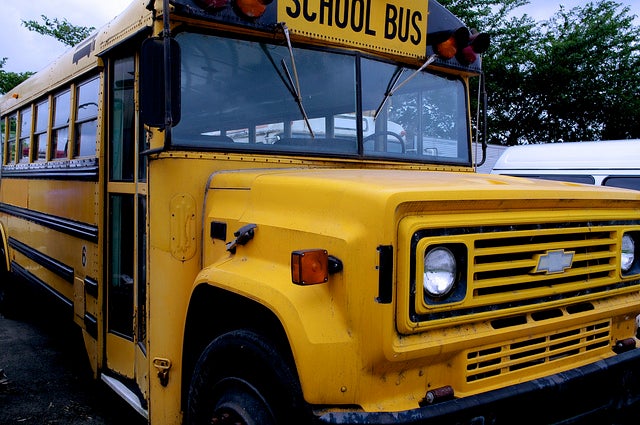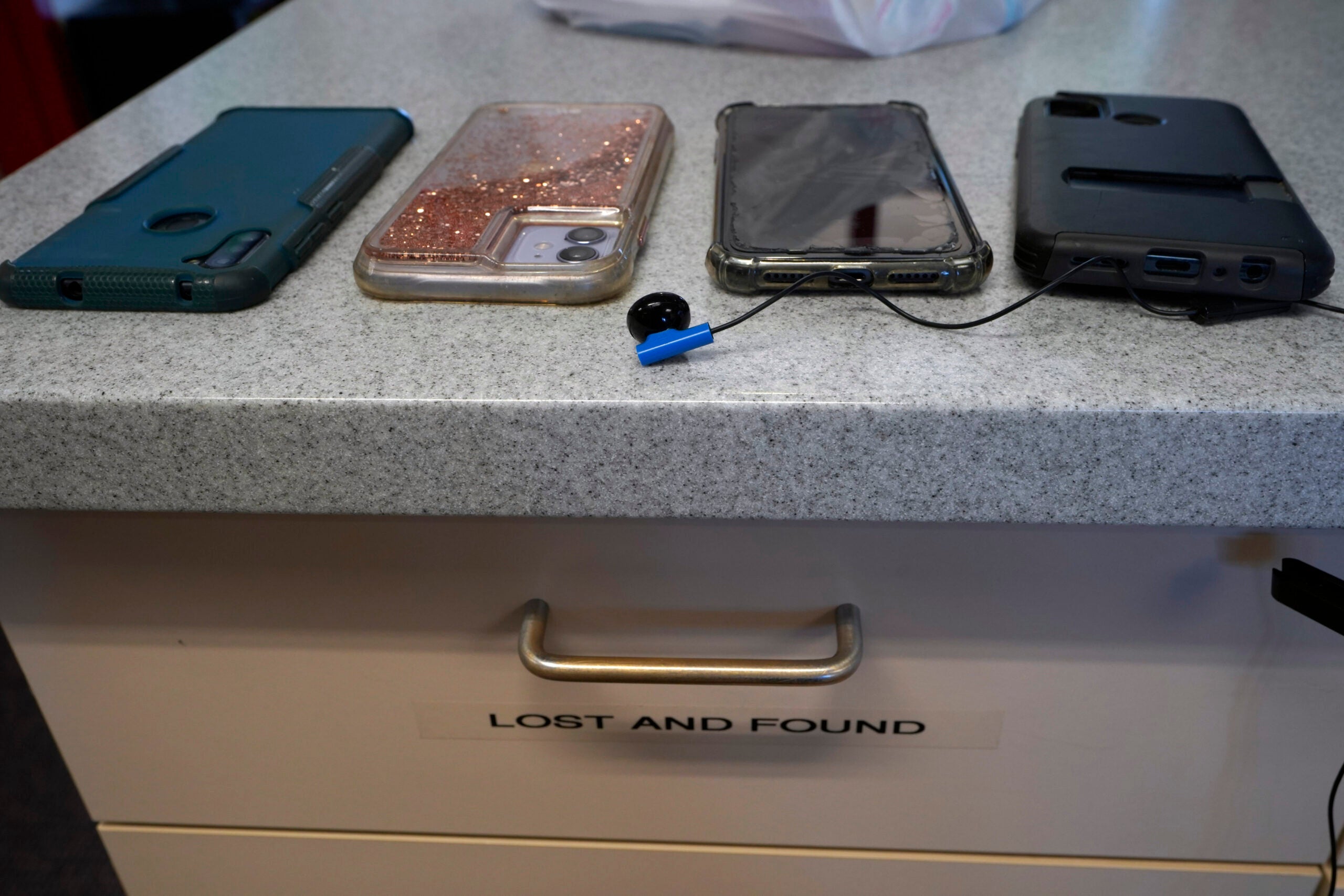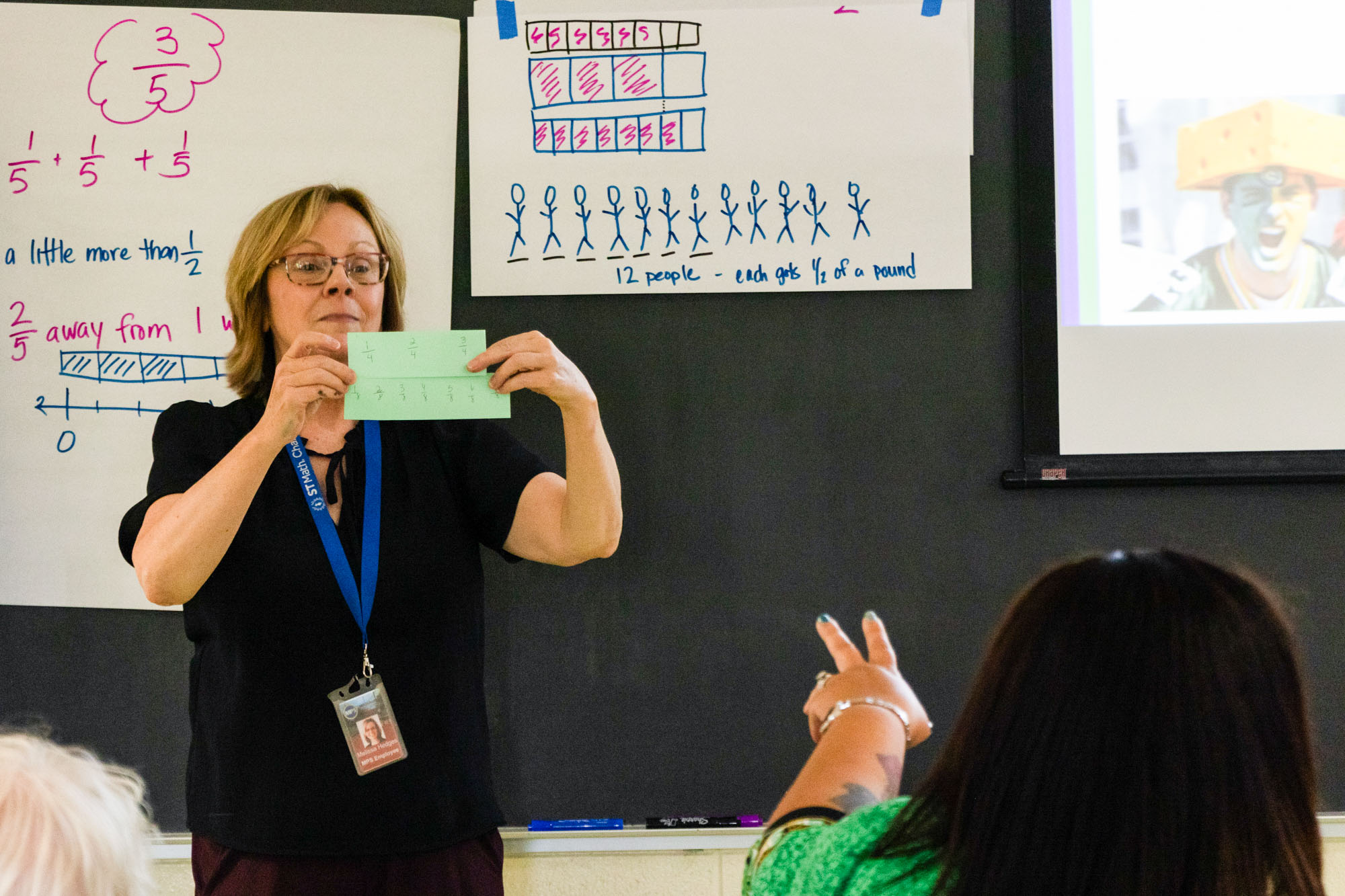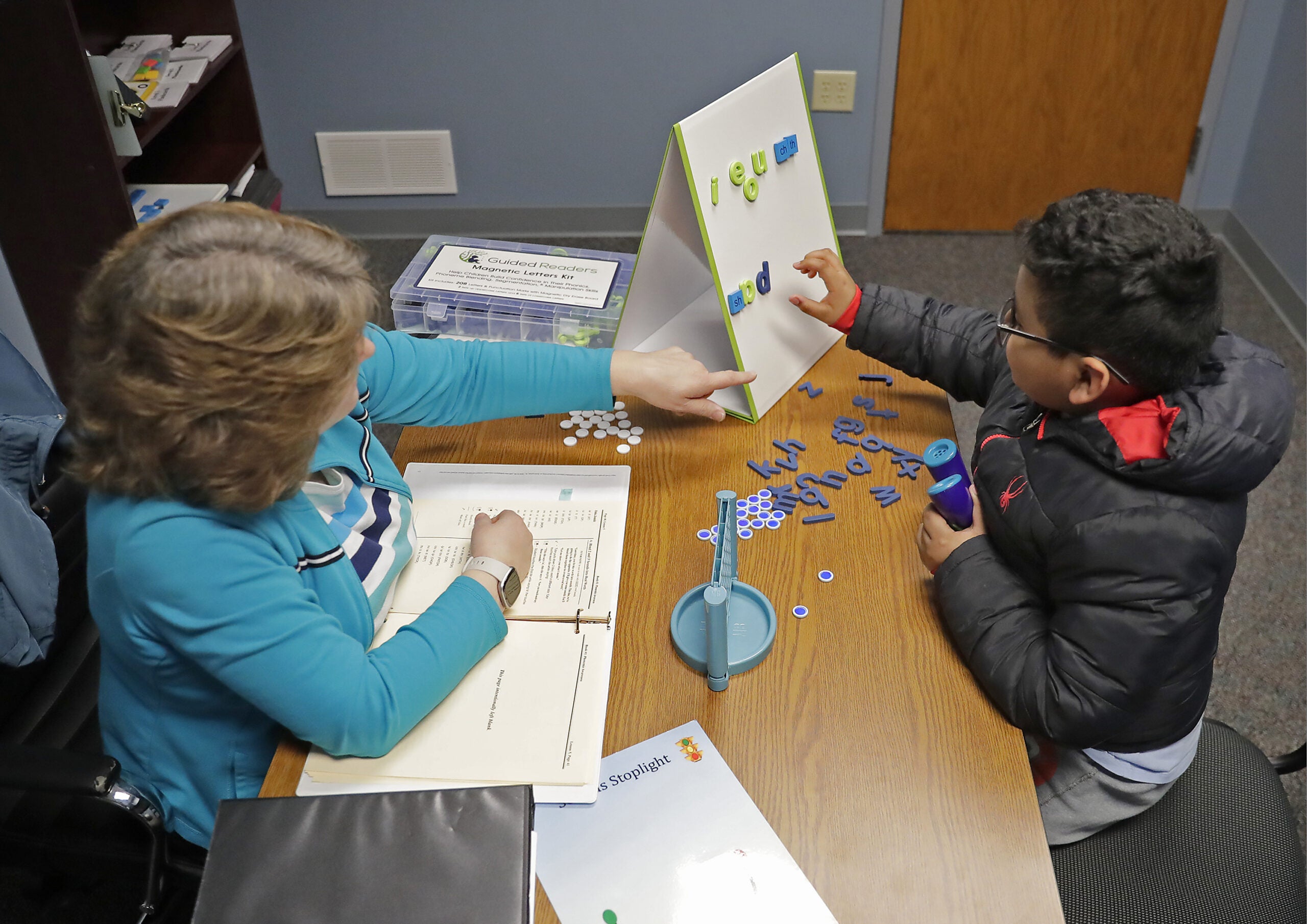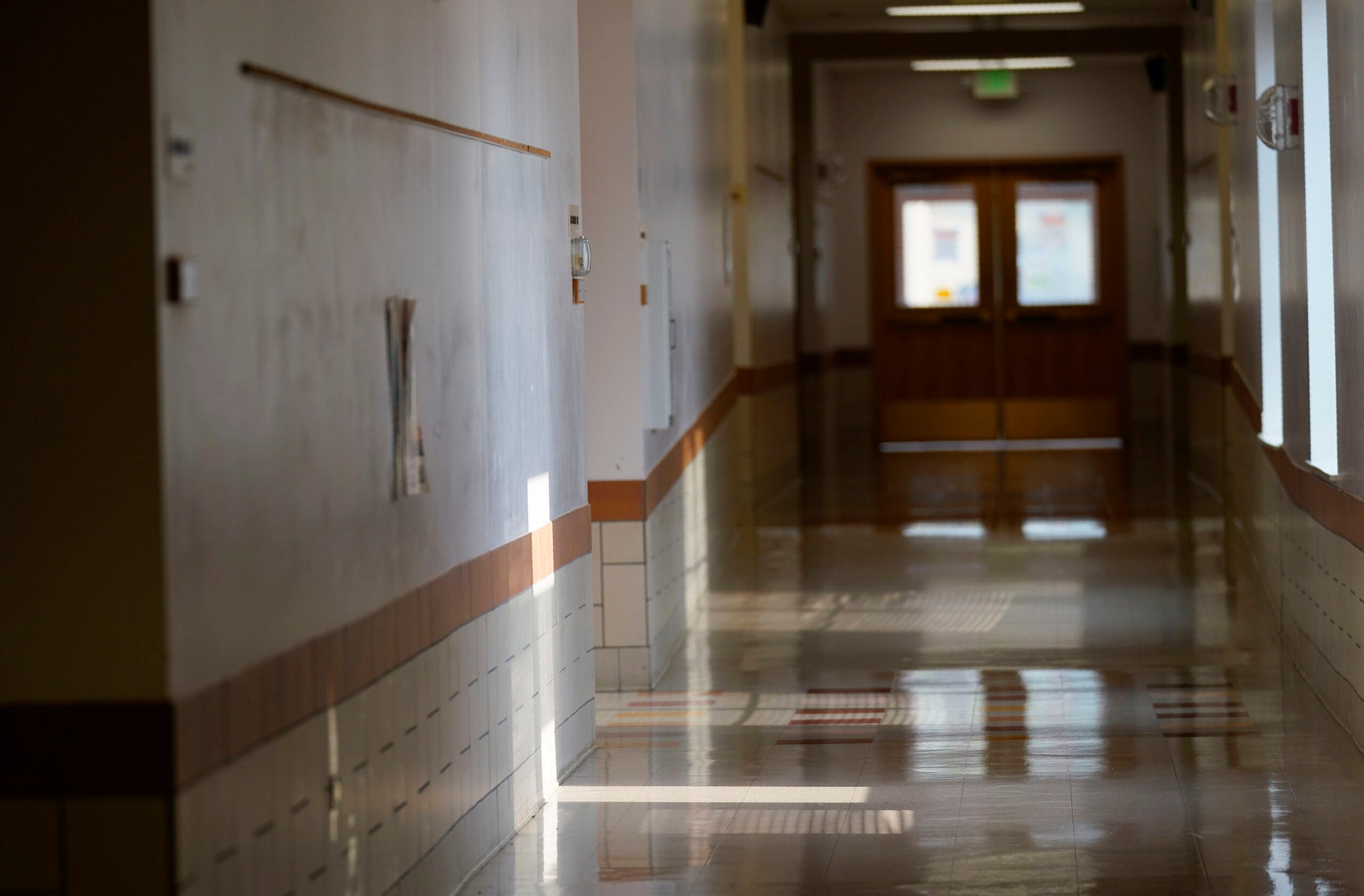The state Assembly held a public hearing Thursday on legislation that would phase out a class-size reduction program for low-income students in kindergarten through third grade.
Under the proposal, the program would be replaced with a different one that would target the state’s income achievement gap.
The nearly 20-year-old program that would be phased out is called Student Achievement Guarantee in Education, also known as SAGE. According to the Department of Public Instruction’s website, SAGE schools sign renewable five-year contracts that aim to encourage achievement through lower class sizes.
Stay informed on the latest news
Sign up for WPR’s email newsletter.
The measures before the committee, Assembly bills 195 and 196, would stop DPI from renewing or starting any SAGE contracts with schools beyond a one-year extension on existing contracts that expire this spring. AB 196 would then also create the Achievement Gap Reduction Program, which would allow current SAGE schools to get funding by using at least one of three strategies: one-on-one tutoring, coaching for teachers, or maintaining 18-to-1 or 30-to-2 student-teacher ratios.
Maintaining those student-to-teacher ratios would not be a requirement under AGR as it was under SAGE.
The new program would also require participating schools to create goals for reducing the achievement gap between low-income students and their peers in the same grade level statewide.
During the hearing, Dan Rossmiller of the Wisconsin Association of School Boards, voiced support for change.
“This bill would give school districts the flexibility to attempt or to employ those other techniques as a way to improve student performance,” he said.
Jennifer Kammerud, a policy advisor for the state’s Department of Public Instruction, spoke during the hearing against the bills. While she praised the flexibility offered by the AGR proposal, she said that it would make the program very difficult to evaluate.
“Everybody’s going to be doing something a little different, and you may be able to look at what you’re doing locally, but from a state level, we’re probably not going to be able to say much about what the program is doing.” said Kammerud.
Kammerud also said the change would not effectively address any achievement gap.
“I say this because the list of schools and districts that constitute our largest achievement gaps are not the same as those who are in the SAGE program currently,” she said.
The state Senate passed the measure on Wednesday in a 31-2 vote.
Wisconsin Public Radio, © Copyright 2025, Board of Regents of the University of Wisconsin System and Wisconsin Educational Communications Board.
